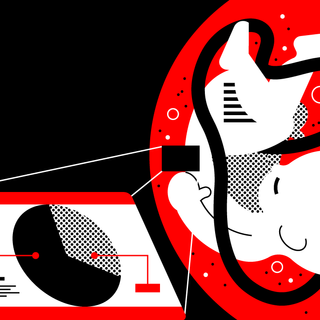Facebook’s latest scandal involves recently released internal documents that prove the company was knowingly tricking minors and their parents out of money. The court documents from a class-action lawsuit, filed by parents in 2012, show Facebook targeted kids through in-app purchases in games like Angry Birds, PetVille, and Ninja Saga, simply to increase its revenue. As a result, children unknowingly spent what they thought was virtual money in the game, not realizing that their parents’ credit cards were linked to the accounts, and racked up thousands of dollars in charges.
An analysis of 135 pages of internal memos, employee emails, and company strategies from 2010 to 2014, by Reveal, a website run by the Center for Investigative Reporting (CIR), shows Facebook actively encouraged game developers to take advantage of what they termed ‘friendly fraud,’ making it easier for children to spend money on their parents’ credit cards. Parents weren’t aware that Facebook was storing their credit card information, or if they were, didn’t realize their children could use it to make purchases without their approval via password or other means of authorization. And when charges were disputed, even when made by minors, Facebook’s policy was to deny the claims. In employee correspondence, children who spent an inordinate amount of time (and inadvertently money) playing these games were referred to as “whales” — a casino term for big spenders.
Related on The Swaddle:
A plaintiff in the 2012 case, Glynnis Bohannon, had incurred several hundred dollars worth of charges, after she allowed her 12-year-old son to use $20 to buy virtual goods in the game. But since the game never indicated when he had finished spending the allotted amount, his mother’s card continued to be charged. Bohannon, like most parents, could either ask for a refund (which Facebook would deny, the documents show), go through the process of filing a case against the company, or more commonly, the credit card companies would initiate a chargeback.
A chargeback is a demand by a credit card company for a refund on behalf of the cardholder. Through the revenue generated by online games, Facebook’s chargeback rate was 9%. Usually if a company has a 2% chargeback rate, the US Government’s Federal Commission considers it a “red flag” for “deceptive” businesses. Visa and Mastercard will put businesses on probation programs if their chargeback rates remain consistently at 1%.
The worst part about this is that when a team of employees developed a method to avoid this problem — by providing a failsafe of re-entering six digits of the credit card before any purchases are made — the company rejected the idea. Their bottom line was more important than making sure their consumers were able to make responsible decisions.
While we’re in the process of figuring out that Facebook is the big, bad wolf, in a marketplace of social media apps that are designed to take advantage of users and their personal data, the purposeful deception proven in these documents are hopefully enough to convince any doubters. It’s not kids’ fault and neither is it on their parents — in the end, the social media giant manipulated a wider profit margin in a completely unethical way.




